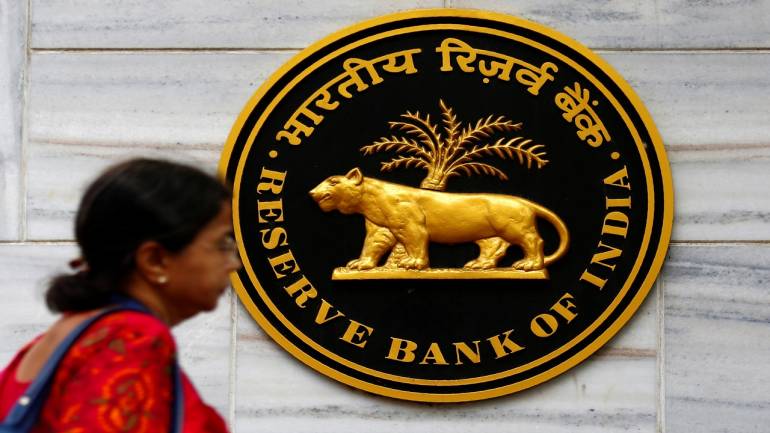Government owned banks under prompt corrective action framework are struggling with capital requirements and provisions towards bad loans.
At a time when there is an ongoing rift between Reserve Bank of India and the central government on regulatory norms, weaker public sector banks continue to incur losses.
Government owned banks under the prompt corrective action (PCA) framework are struggling with capital requirement and provision towards bad loans.
Among the reasonably large banks under PCA, IDBI Bank incurred a loss for the eighth quarter in a row at Rs 3,620 crore, Bank of India posted a loss of Rs 1,156 crore. Other banks including Central Bank of India, Dena Bank and United Bank of India also posted losses in the second quarter financial results.
The PCA framework is imposed based on a bank's capital position, return on assets and level of non-performing assets (NPAs).
As a solution, on one hand, the government is looking at closing down several banks and merge some smaller lenders with large ones, while on the other, the tussle between Mint Road and North Block could see closer supervision of the regulator.
Prime Minister Narendra Modi's administration has recommended that the board of Reserve Bank of India draft regulations to enable setting up panels to oversee functions including financial stability, monetary-policy transmission and foreign-exchange management, a Bloomberg report said.
This will empower the regulator's board, which includes government nominees, and give it a supervisory role. The central bank’s board is scheduled to meet on November 19.
Among the government nominees on the RBI board, Swaminathan Gurumurthy, a chartered accountant, Subhash Chandra Garg, Secretary of Department of Financial Services and Rajiv Kumar, Secretary of Finance Department have been vocal about perceived shortcomings in banking supervision, flow of credit to industry, especially small and medium sector enterprises and easier liquidity flow into non-banking financial companies (NBFCs).
The RBI top management including Governor Urjit Patel, his deputies Viral Acharya and NS Vishwanathan, have defended RBI's decisions and warned in their speeches to not allow undermining RBI's independence and that doing so will attract the wrath of the markets.
Over the past month, the government has threatened to impose Section 7 of the RBI Act, which gives the government power to issue directions that are binding on the central bank. If used, experts said, it would be a first in the RBI's 83-year history.













